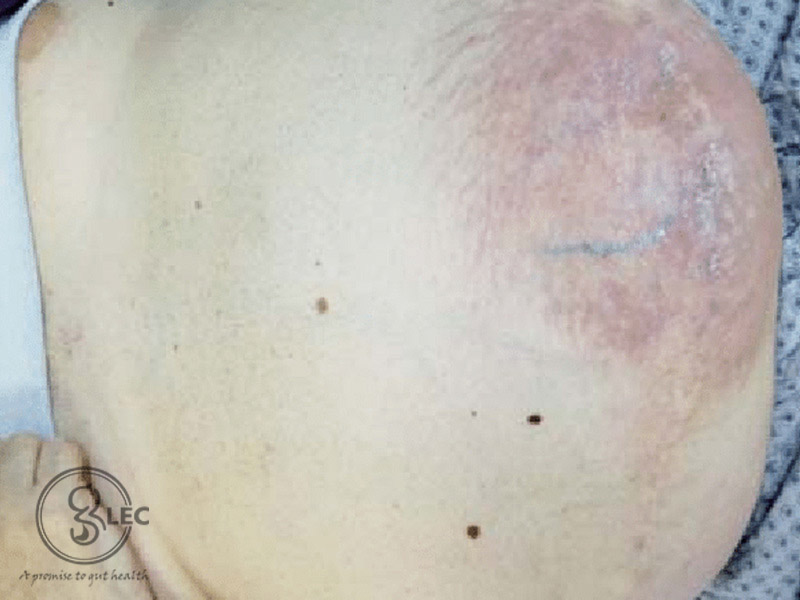Cirrhosis
Cirrhosis
Cirrhosis is a liver disease that includes liver hardening and fibrosis.
Causes
- Excessive alcohol intake
- Hepatitis B, C
- Non-alcoholic fatty liver disease (as seen in obesity).
- Wilson disease
- Hemochromatosis
- Autoimmune hepatitis
Symptoms
Many patients can remain asymptomatic and are diagnosed based on blood tests. Symptoms include:
- Weakness and tiredness
- Vomiting with blood
- Fluid in the abdomen (ascites)
- Feet swelling (pedal edema)
- Black stool
- Altered behavior
- Unconsciousness
- Decreased urine output
Diagnosis
Cirrhosis is confirmed based on these investigations:
- Ultrasonography
- Fibroscan
- LFT
- Liver Biopsy
- CT scan
- MRI
Treatment
- Management of complications
- The nutritional diet rich in protein and calories
- Diuretics and salt restriction to minimize fluid accumulation
- Management of variceal bleeding by beta-blockers, and banding
- Management of hepatic encephalopathy by L-ornithine L-Aspartate and laxatives
- Liver transplant for management of advanced liver disease
Reversal of disease by etiology-oriented therapy
- Stop alcohol consumption
- Antiviral drugs in case of hepatitis B and C
- Autoimmune Hepatitis by steroid therapy
- Copper chelation in case of Wilson disease
- Iron chelation for Hemochromatosis

